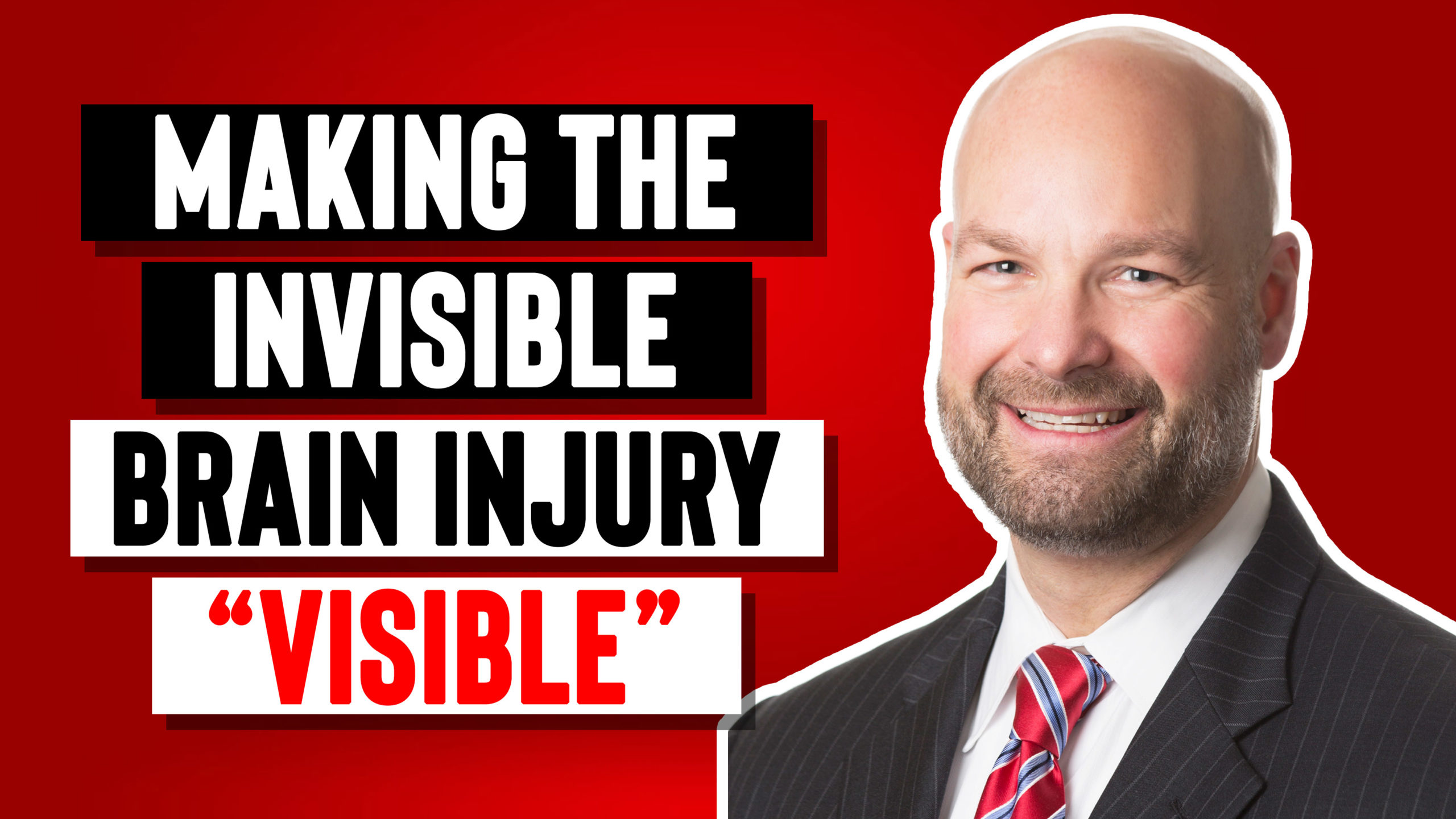We are all going through trying times during the COVID-19 pandemic. All of us have experienced a significant shift in our lives — we can longer do the things we used to and are now still adjusting to this “new normal.”
The threat of the COVID-19 has discouraged social interaction. For our safety, we have to stay home and limit physical contact. And this is easier said than done; we are inherently social beings. So imagine the toll this pandemic has taken on all of us.
Let me share with you some words of a COVID-19 victim that really struck me:
“I have been sick with COVID-19 for over 180 days. Almost nobody believed me. So I stopped even believing myself. When you tell the same story over and over, and nobody hears you, you start to wonder whether the world has gone deaf, or if you’ve just ceased to exist.”
When I read this, I realized that what COVID-19 victims are going through is very similar to what my brain injury clients are experiencing — loneliness.
Brain Injury: The Invisible Injury
Brain injury is a very lonely injury because it can be characterized as “invisible.” You can’t see the headaches, the memory loss, the fogginess in vision, or the ringing in the ears. You can’t even see the injury on an x-ray, CT-scan, or MRI.
Brain injury patients also do not talk about their disability due to fear that others will change the way they feel about them or that they may act differently around them. But at the same time, brain injury survivors want people to know and understand what they are going through.
The problem is that many have the misconception that brain-injured people are merely “faking it” or that the injury is not as serious as people are making it out to be. Others, especially insurance companies and members of the jury, have an inherent bias that brain-injured people are merely faking their injury to receive a financial incentive.
And that is an unfair hurdle for brain injury patients who are victims of someone else’s carelessness. They cannot get the compensation they deserve because of the existing bias and the invisibility of the injury they are experiencing.
A lawyer who represents a brain injury survivor has to deal with all these emotions and understand how to make the invisible injury visible so that others will understand it.
If you need help overcoming the bias on brain injury compensation, read our blog post to learn what you can do.


